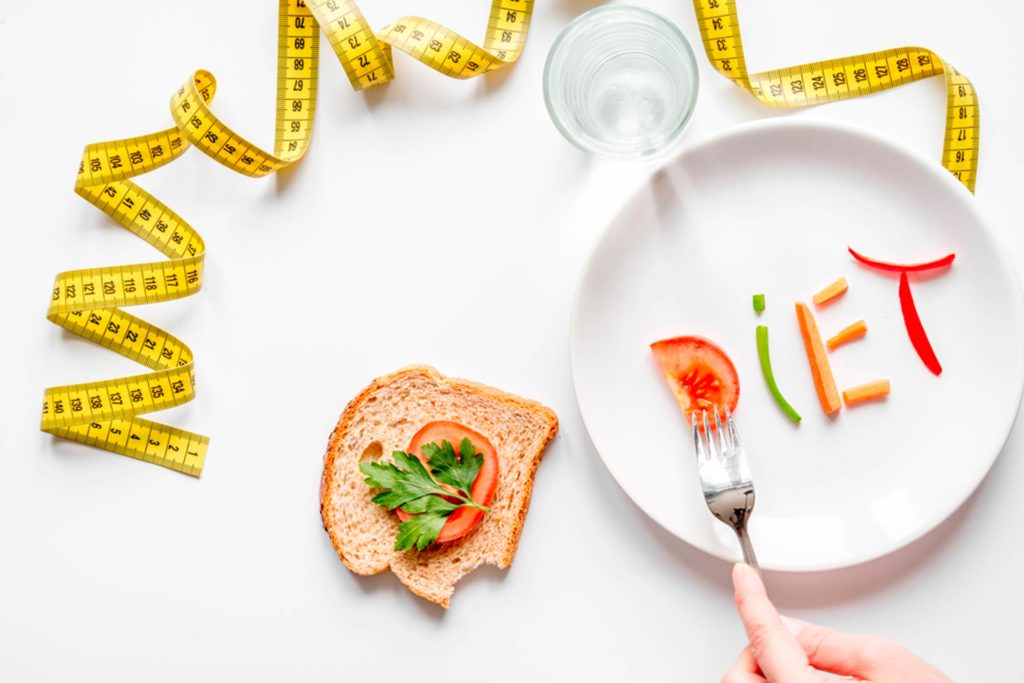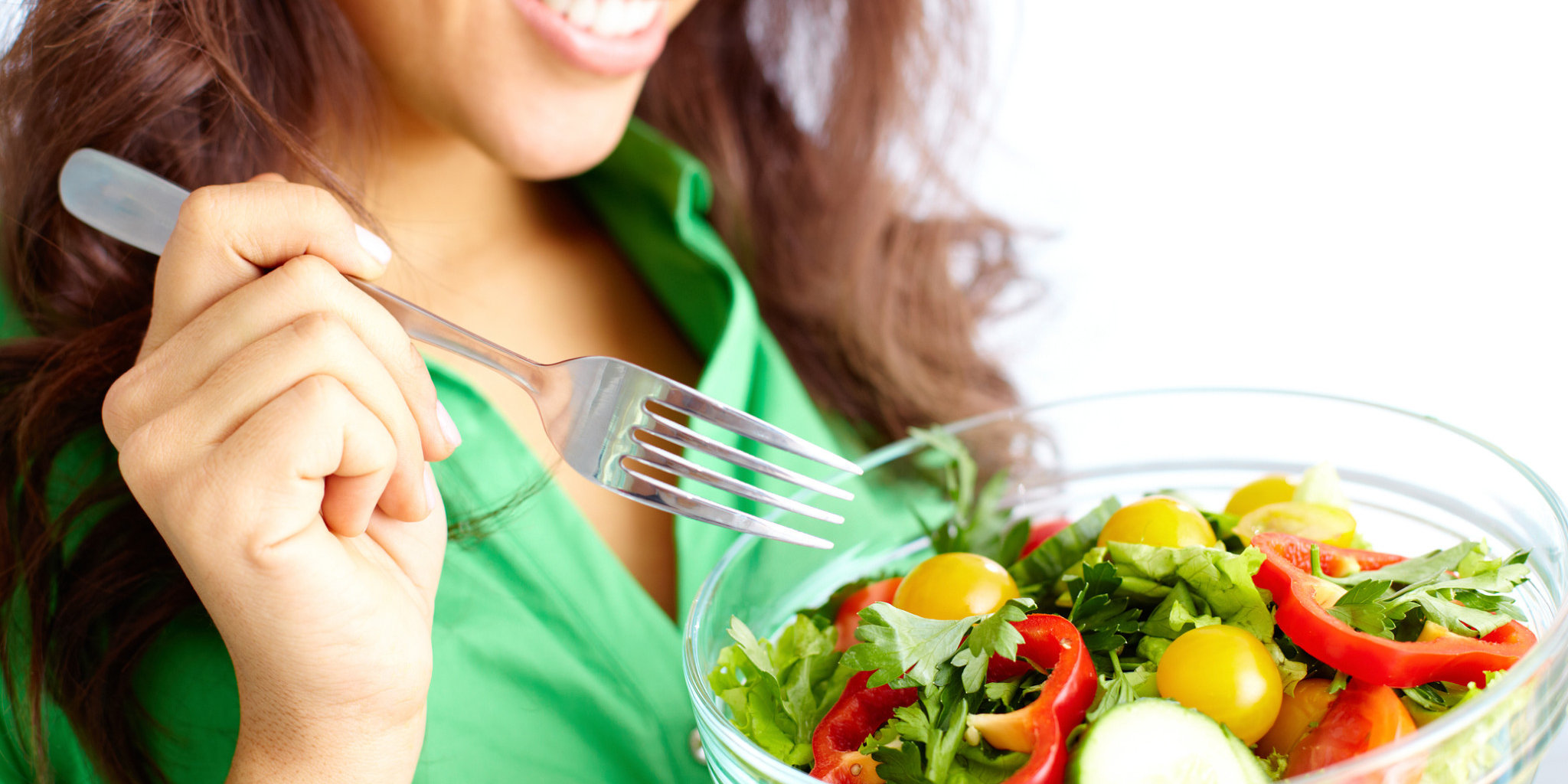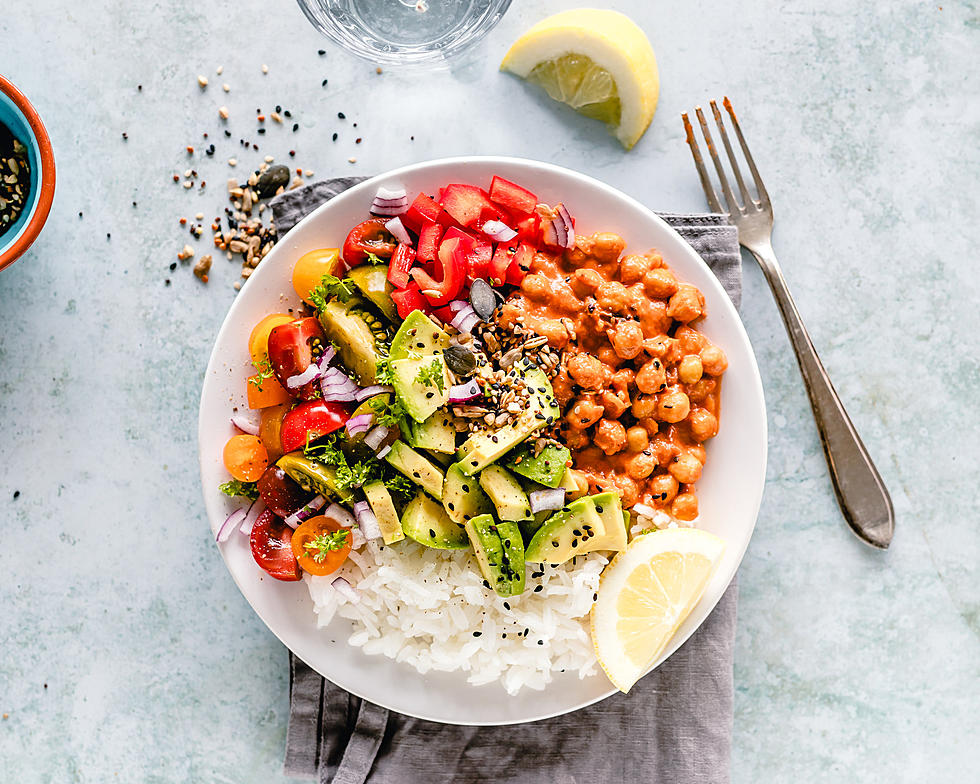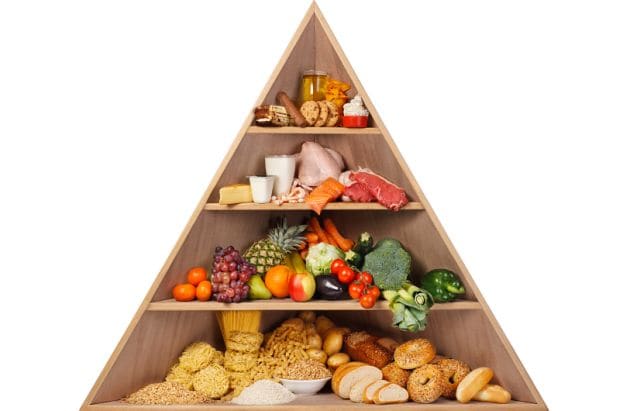Eating well isn’t about starving yourself or following extreme dietary fads. It’s about maintaining a sustainable, nourishing lifestyle that fuels your body and supports overall wellness. A balanced diet is the cornerstone of that philosophy, offering not only protection from malnutrition but also shielding against non-communicable diseases such as diabetes, heart disease, and certain cancers. Whether you're aiming to maintain your current health, recover from illness, or simply feel more energetic day to day, a balanced diet is your best ally.
A truly effective balanced diet includes a range of food types, as no single food can meet all your body’s nutritional needs. Our body demands different combinations of nutrients at different stages of life, and understanding how to meet these evolving needs is the first step to optimal health.
What Does a Balanced Diet Really Mean?
A balanced diet provides the essential macro and micronutrients required for proper functioning. Macronutrients include carbohydrates, proteins, and fats, while micronutrients refer to vitamins and minerals. A correct balance of these ensures your body functions smoothly—supporting immunity, energy levels, muscle repair, cognitive clarity, and metabolic efficiency.
Balanced eating isn’t about strict limitations; it’s about enjoying a wide variety of foods in the right quantities. It also depends on factors such as age, sex, weight, and physiological needs. For instance, a growing child or a pregnant woman requires more nutrients than a sedentary adult male. Understanding this dynamic is key to tailoring the diet for individual needs.
Vegetables and fruits promote health by providing vitamins, minerals and fibre and also induce satiety.
Core Elements of a Nutritious Diet
Energy (Carbohydrates):
Your body needs a steady supply of energy to function properly throughout the day. This energy largely comes from carbohydrates, which are present in whole grains, legumes, fruits, and vegetables. Whole wheat, oats, millet (ragi, bajra), brown rice, and starchy vegetables such as sweet potatoes are superior sources compared to refined carbs. These foods digest slowly, provide longer-lasting energy, and keep your blood sugar levels stable.
Proteins:
Protein supports muscle repair, immune health, and overall cellular regeneration. A well-balanced diet includes high-quality protein sources such as pulses, legumes, eggs, lean meats, fish, dairy, and plant-based options like tofu and quinoa. It also plays a critical role in satiety, helping reduce unnecessary snacking between meals.
Fats:
Despite their bad reputation, fats are vital to health—especially for brain function and hormone regulation. However, the type of fat matters immensely. A healthy mix of monounsaturated and polyunsaturated fats (like omega-3s) from nuts, seeds, olive oil, sunflower oil, and fatty fish should be prioritized, while limiting saturated fats and eliminating trans fats completely.
Fruits and Vegetables:
Packed with essential vitamins, minerals, antioxidants, and fiber, fruits and vegetables should form a large portion of every meal. Aim for at least five servings per day, incorporating a variety of colors and textures to maximize nutritional benefits.
Milk and Dairy Products:
Dairy offers calcium, high-quality protein, and a range of vitamins. Children benefit from full-cream milk to support growth, while adults may opt for low-fat or skimmed versions. Alternatives like almond or soy milk can also be nutritious, especially when fortified.
A Balanced Diet for Children
Children have higher nutritional needs relative to their body weight compared to adults. Proper nutrition during early years ensures optimal growth, cognitive development, and long-term health.
This table outlines daily food group requirements for children by age and gender.
| Food Group | g/Portion | 1–3 yrs | 4–6 yrs | 7–9 yrs | 10–12 yrs | 13–15 yrs | 16–18 yrs (girls) | 16–18 yrs (boys) |
|---|---|---|---|---|---|---|---|---|
| Cereals & Millets | 30 | 2 | 4 | 6 | 8 | 10 | 11 | 14 |
| Pulses | 30 | 1 | 1 | 2 | 2 | 2 | 2.5 | 3 |
| Milk & Milk Products | 100 ml | 5 | 5 | 5 | 5 | 5 | 5 | 5 |
| Roots & Tubers | 100 | 0.5 | 1 | 1 | 1 | 1 | 1.5 | 2 |
| Green Leafy Vegetables | 100 | 0.5 | 1 | 1 | 1 | 1 | 1 | 1 |
| Other Vegetables | 100 | 0.5 | 1 | 1 | 2 | 2 | 2 | 2 |
| Fruits | 100 | 1 | 1 | 1 | 1 | 1 | 1 | 1 |
| Sugar | 5 | 3 | 4 | 4 | 6 | 6 | 4–5 | 5–6 |
| Oils & Fats | 5 | 5 | 5 | 6 | 7 | 7 | 8–9 | 7–10 |
A Balanced Diet for Adults
For adults, the goal is to maintain energy balance, prevent disease, and support day-to-day physical and cognitive performance. The needs vary depending on whether the person leads a sedentary, moderately active, or heavy labor lifestyle.
The table below outlines a diet chart for sedentary adult men and women.
| Food Group | g/Portion | Man (Sedentary) | Woman (Sedentary) |
|---|---|---|---|
| Cereals & Millets | 30 | 12.5 | 9 |
| Pulses | 30 | 2.5 | 2 |
| Milk & Milk Products | 100 ml | 3 | 3 |
| Roots & Tubers | 100 | 2 | 2 |
| Green Leafy Vegetables | 100 | 1 | 1 |
| Other Vegetables | 100 | 2 | 2 |
| Fruits | 100 | 1 | 1 |
| Sugar | 5 | 4 | 4 |
| Oils & Fats | 5 | 5 | 4 |
Recommended Daily Energy:
-
Men: 2320 kcal/day
-
Women: 1900 kcal/day
Balanced Diet: What Should You Really Eat?
The basic idea of a balanced diet often appears simple, but real-life implementation involves navigating portion sizes, nutrient timing, and meal composition. It’s not just about what you eat—it’s also about how, when, and how much.
The Five Food Groups and Their Role
Carbohydrates
Carbohydrates serve as the body’s main source of fuel. Around 50% of daily calories should come from quality carbohydrates. In India, these typically include rice, millets, and pulses. Instead of relying on refined flours and white bread, prioritize whole grains like brown rice, oats, jowar, and barley, which offer superior nutrition and higher fiber.
Fiber is another essential aspect of carbohydrate intake. It supports healthy digestion, lowers cholesterol levels, and helps maintain blood sugar balance. Both soluble and insoluble fiber are necessary and can be found in fruits, vegetables, legumes, and whole grains. Avoid fruit juices and go for whole fruits instead.
Balanced diet: Your meal would be incomplete without fiber – both soluble and insoluble.
Proteins
According to leading dieticians, protein should make up 30–35% of your daily food intake. It helps build and repair tissues, supports metabolic health, and plays a crucial role in maintaining muscle mass, especially as we age. Sources include dairy, legumes, poultry, eggs, sprouts, and lean meats.
Recent surveys show a significant protein deficiency in Indian diets. The growing reliance on carb-rich processed foods often displaces protein intake, which can have long-term effects on energy levels, immunity, and muscle preservation. Ideally, each meal should include at least one solid source of protein.
Recommended Protein Intake:
-
Men: 60 grams/day
-
Women: 55 grams/day
Fats
Healthy fats are vital for brain function, hormone production, and vitamin absorption. About 20% of the daily diet should come from fats, split among monounsaturated fats, polyunsaturated fats (especially omega-3), and a small portion of saturated fat. Trans fats should be completely avoided.
Include a mix of oils such as olive, mustard, groundnut, sesame, and soybean oil in rotation. Cold-pressed oils are preferable over refined versions. Nuts and seeds also contribute healthy fats and should be part of daily intake.
Vitamins and Minerals
These micronutrients are critical for a range of functions—from metabolism and bone health to nerve function and immune support. While minerals like iron and calcium are stable through cooking, vitamins (especially water-soluble ones like B and C) can degrade. Hence, consume fresh produce and avoid overcooking vegetables.
Deficiencies, especially in iron and calcium, are rampant. In India, over 50% of women suffer from iron-deficiency anemia. Adequate intake of leafy greens, dairy, legumes, fruits, and fortified foods can help close the nutrient gap.
Recommended Intake:
-
Calcium: 600 mg/day (men & women)
-
Iron: 17 mg/day (men), 21 mg/day (women)
Balanced diet: Don’t curfew carbs – it’s about quality and quantity.
Building the Right Daily Routine
Breakfast
This should be your most substantial meal. Combine complex carbs like oatmeal or whole grain bread with a protein source such as eggs, milk, or sprouts. Add a handful of nuts or dried fruits like apricots and figs. This combination not only fuels your morning but also keeps hunger pangs at bay until lunch.
Lunch
The midday meal should consist of fiber-rich whole grains (e.g., brown rice, barley), quality protein (pulses, chicken, or paneer), and a good dose of vegetables. Fermented dairy like yogurt or buttermilk can enhance digestion. Salads made of raw veggies can boost fiber and hydration.
Dinner
Your lightest meal of the day. Focus on vegetables—especially green, leafy ones—combined with lean protein sources and small servings of whole grains or legumes. Healthy fats from nuts, seeds, or grilled fish help repair and regenerate tissues overnight. Avoid heavy desserts or overly starchy foods late at night.
Snacks
Instead of fried or sugary treats, choose nutritious options like raw fruits, soaked nuts, roasted chickpeas, or vegetable sticks with curd dip. Snack smartly between meals to prevent overeating during main meals.
Eating small, frequent meals helps regulate blood sugar, avoid binge eating, and supports metabolism. However, be mindful of portions. The idea isn’t to eat more, but to spread your required nutrients across the day efficiently.
Hydration: The Forgotten Pillar
While food receives the bulk of dietary attention, hydration is just as crucial. Water aids digestion, transports nutrients, flushes out toxins, and keeps skin and organs functioning optimally. Aim for 6–8 glasses of water per day, increasing this amount in hotter climates or after intense physical activity.
Inadequate water intake can lead to fatigue, poor concentration, digestive issues, and even increased hunger—often mistaken for food cravings. Herbal teas, infused water, and broths can also contribute to your hydration needs, but avoid sugary soft drinks and caffeine-heavy beverages as they can dehydrate.
Creating a Balanced Plate
A practical way to maintain dietary balance is to visually divide your plate:
-
Half of the plate should be filled with fruits and vegetables (variety and color matter).
-
One-quarter should consist of whole grains like brown rice, millet, or whole wheat.
-
One-quarter should be protein-rich foods like beans, tofu, fish, eggs, or chicken.
-
Add a small portion of healthy fats from nuts, seeds, or oils.
-
Include a fermented food or probiotic element like yogurt or buttermilk.
This method is not only easy to remember but also adaptable to cultural preferences and dietary restrictions.
Final Thoughts on Balanced Eating
There is no universal "one-size-fits-all" diet. What matters is personalization, consistency, and balance. Factors such as age, physical activity, metabolic rate, hormonal changes, and existing health conditions all influence your dietary needs. Instead of obsessing over restrictions or chasing fads, aim to cultivate a long-term, flexible approach to nutrition.
Eat local. Choose seasonal. Minimize processed foods. Respect your hunger and fullness cues. And most importantly, enjoy your meals without guilt. Balanced eating isn’t just a diet—it’s a way of life that empowers you to live fully, healthfully, and energetically.
Summary of Key Daily Recommended Allowances
-
Calories:
-
Men: 2320 kcal/day
-
Women: 1900 kcal/day
-
-
Protein:
-
Men: 60 grams/day
-
Women: 55 grams/day
-
-
Fats:
-
20–30% of daily energy (focus on unsaturated fats)
-
-
Calcium:
-
Men & Women: 600 mg/day
-
-
Iron:
-
Men: 17 mg/day
-
Women: 21 mg/day
-
-
Fiber:
-
25–30 grams/day from whole fruits, vegetables, and grains
-
-
Water:
-
At least 6–8 glasses per day
-
By consistently choosing foods that nourish rather than deplete, and by developing eating habits grounded in knowledge and mindfulness, you don’t just support your body—you celebrate it.
Let food be your fuel, not your foe. And remember, health is a long game, played one balanced meal at a time.

















